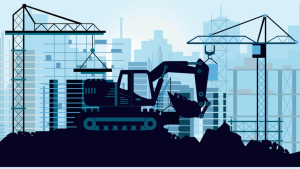
Types of construction insurance
- General Liability Insurance
- Workers’ Compensation
- Commercial Automotive Insurance
- Commercial Property Insurance
- Surety Bonds
General Liability Insurance
Workers’ Compensation
Commerical auto insurance
- Accidents involving uninsured drivers
- Collision and bodily harm
- Medical expenses
- Automobile accident liability

